Seasoned Attorneys for Abbott Trifecta Valve Lawsuits
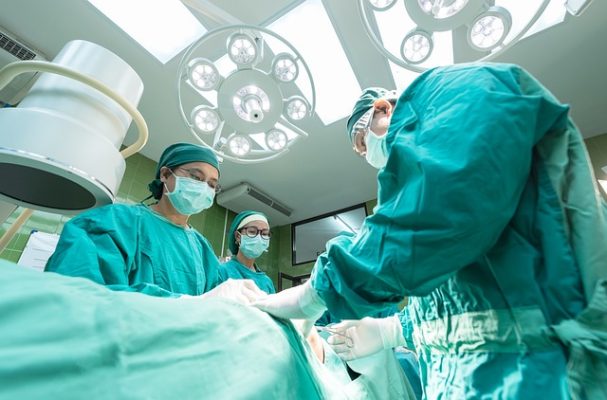 In February 2023, Abbott, which manufactures Trifecta Valves warned doctors and other providers that its valves were subject to early structural valve deterioration. In summer 2023, the company announced that it would stop sales of the Trifecta Valves, including Trifecta Valve with Glide Technology (Trifecta Valva GT). Meanwhile the Food and Drug Administration (FDA) has offered many recommendations and continues to work with the manufacturer to determine the risks and best practices in connection with the affected valves. If you were injured or a loved one’s death is because of an Abbott Trifecta Valve that deteriorated early after being implanted, call the seasoned Chicago-based attorneys of Moll Law Group. Our firm serves consumers around the country—billions have been recovered in lawsuits with which we’ve been involved.
In February 2023, Abbott, which manufactures Trifecta Valves warned doctors and other providers that its valves were subject to early structural valve deterioration. In summer 2023, the company announced that it would stop sales of the Trifecta Valves, including Trifecta Valve with Glide Technology (Trifecta Valva GT). Meanwhile the Food and Drug Administration (FDA) has offered many recommendations and continues to work with the manufacturer to determine the risks and best practices in connection with the affected valves. If you were injured or a loved one’s death is because of an Abbott Trifecta Valve that deteriorated early after being implanted, call the seasoned Chicago-based attorneys of Moll Law Group. Our firm serves consumers around the country—billions have been recovered in lawsuits with which we’ve been involved.
Call Moll Law Group About an Abbott Trifecta Valve Lawsuit
Some patients with diseased aortic heart valves or who have malfunctioning or damaged prosthetic aortic heart valves were treated with Trifecta and Trifecta Valve GT. The FDA first approved first generation Trifecta valves in 2011. While the first generation model is no longer in service, many other kinds of Trifecta Valves have been implanted since. Studies show that the Abbott Trifecta Valves require more reintervention than other commercial valves. They’ve deteriorated in some instances just three to four years after being implanted.
Health care providers have been told about the potential dangers of early structural valve deterioration (SVD), but the full risks are not known. If you were harmed by a valve or a loved one died because of the deterioration of an Abbott Trifecta Valve, you should let the FDA know about the adverse event, so that it can get a better sense of the dangers. You can also expect that your health care provider is now aware of the possible risks and if you have one implanted, you should see your provider to determine the next best steps.
 Illinois Injury and Mass Tort Lawyer Blog
Illinois Injury and Mass Tort Lawyer Blog


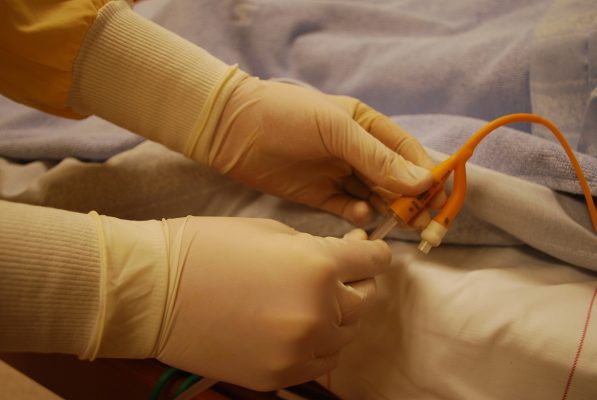 Bard PowerPort devices have been linked to serious injuries and deaths. As of May 2024, the Bard PowerPort Multidistrict Litigation (MDL) has increased by 189 cases. These lawsuits are consolidated in MDL 3081, or In re: Bard Implanted Port Catheter Products Liability Litigation before Judge G. Campbell. These lawsuits request financial compensation on the grounds that the catheters are defective and have injured them. The court rejected efforts to delay
Bard PowerPort devices have been linked to serious injuries and deaths. As of May 2024, the Bard PowerPort Multidistrict Litigation (MDL) has increased by 189 cases. These lawsuits are consolidated in MDL 3081, or In re: Bard Implanted Port Catheter Products Liability Litigation before Judge G. Campbell. These lawsuits request financial compensation on the grounds that the catheters are defective and have injured them. The court rejected efforts to delay 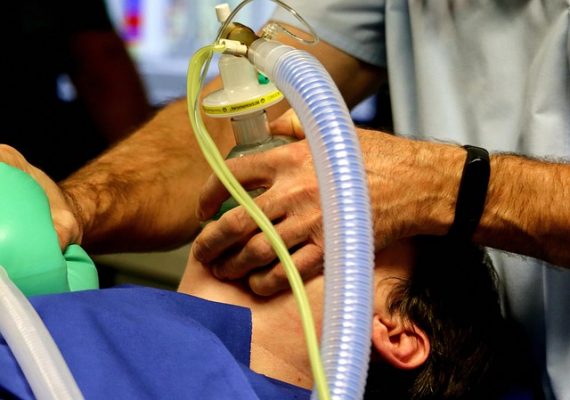 Manufacturer ResMed makes CPAP masks that contain magnets. These masks have varying coverage of a patient’s face. Recently, the company gave consumers updated instructions for using the masks and held a voluntary global field action to update its guide for these masks. The
Manufacturer ResMed makes CPAP masks that contain magnets. These masks have varying coverage of a patient’s face. Recently, the company gave consumers updated instructions for using the masks and held a voluntary global field action to update its guide for these masks. The 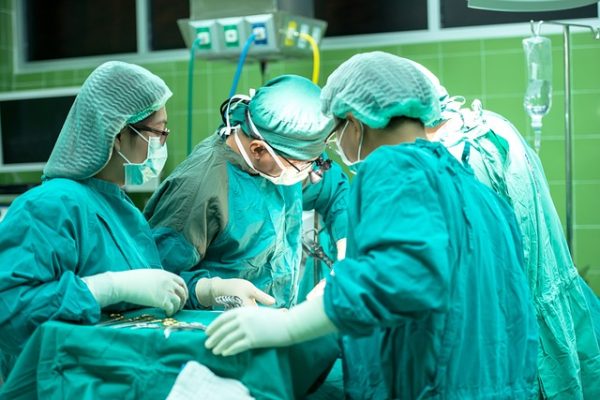 Surgical mesh products are used to repair and reinforce soft tissue in patients where the tissue has some weakness. In particular, mesh is used to help reinforce the hernia. However, doctors have increasingly been using surgical mesh products, even though the safety and effectiveness in breast surgery hasn’t yet been decided. The United States Food and Drug Administration has
Surgical mesh products are used to repair and reinforce soft tissue in patients where the tissue has some weakness. In particular, mesh is used to help reinforce the hernia. However, doctors have increasingly been using surgical mesh products, even though the safety and effectiveness in breast surgery hasn’t yet been decided. The United States Food and Drug Administration has 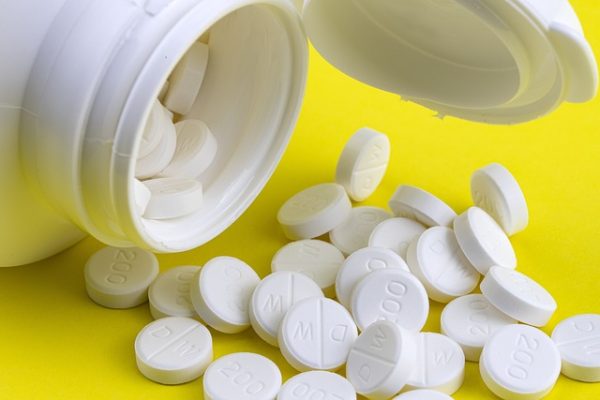 Certain antiseizure medications involve serious risk of drug reactions. One of these is levetiracetam, which has been FDA approved for 24 years, and is used both by itself and with other medications to control seizures. It’s sold under the brand names Keppra, KeppraXR, Spritam, and Elepsia XR. It is also sold in generic form. Another such drug that can cause serious drug reactions is the benzodiazepine, clobazam, which is sold under the brand names Sympazan and Onfi and is used to treat a severe epilepsy known as Lennox Gastaut Syndrome. The FDA has issued a
Certain antiseizure medications involve serious risk of drug reactions. One of these is levetiracetam, which has been FDA approved for 24 years, and is used both by itself and with other medications to control seizures. It’s sold under the brand names Keppra, KeppraXR, Spritam, and Elepsia XR. It is also sold in generic form. Another such drug that can cause serious drug reactions is the benzodiazepine, clobazam, which is sold under the brand names Sympazan and Onfi and is used to treat a severe epilepsy known as Lennox Gastaut Syndrome. The FDA has issued a  Doctors sometimes perform total hip arthroplasty or total hip replacement using the Synovo Total Hip System, which features resurfacing implants. The United States Food and Drug Administration (FDA) has
Doctors sometimes perform total hip arthroplasty or total hip replacement using the Synovo Total Hip System, which features resurfacing implants. The United States Food and Drug Administration (FDA) has 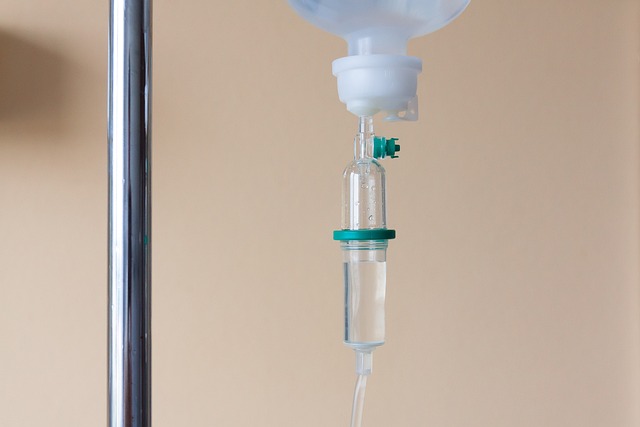 Recently, Baxter International, Inc.
Recently, Baxter International, Inc. 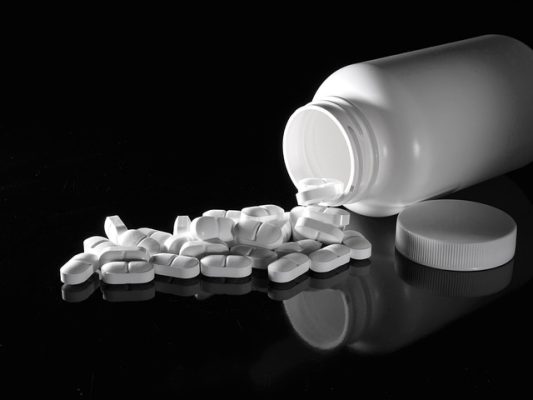 The United States Food and Drug Administration (FDA)
The United States Food and Drug Administration (FDA)  CoolSculpting is a brand name for an FDA-approved fat reduction procedure, cryolipolysis, in which the more stubborn fat deposits on a patient’s body—love handles—are frozen, for purposes of getting rid of them. Skin freezes at a lower temperature than fat, and the CoolSculpting device works by taking advantage of that. It is intended to cool a person’s fat deposit sufficiently to destroy that tissue while also letting the skin survive without damage. Unfortunately, there may be
CoolSculpting is a brand name for an FDA-approved fat reduction procedure, cryolipolysis, in which the more stubborn fat deposits on a patient’s body—love handles—are frozen, for purposes of getting rid of them. Skin freezes at a lower temperature than fat, and the CoolSculpting device works by taking advantage of that. It is intended to cool a person’s fat deposit sufficiently to destroy that tissue while also letting the skin survive without damage. Unfortunately, there may be  A broad range of chronic conditions are treated with the Volara System, which provides continuous positive expiratory pressure (CPEP) to expand your lungs and airways, along with continuous high-frequency oscillation pulses to free mucus plugs and make it easier to cough and breathe less effortfully. However, if you use the Volara System, it’s important to be aware that its manufacturer, Baxter International Inc., issued an Urgent Medical Device Correction for the Volara System and then a
A broad range of chronic conditions are treated with the Volara System, which provides continuous positive expiratory pressure (CPEP) to expand your lungs and airways, along with continuous high-frequency oscillation pulses to free mucus plugs and make it easier to cough and breathe less effortfully. However, if you use the Volara System, it’s important to be aware that its manufacturer, Baxter International Inc., issued an Urgent Medical Device Correction for the Volara System and then a